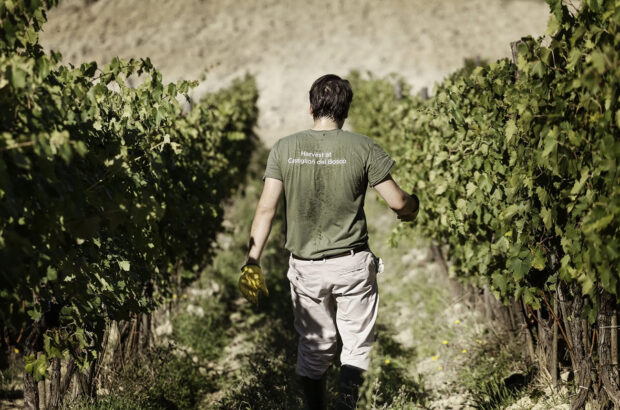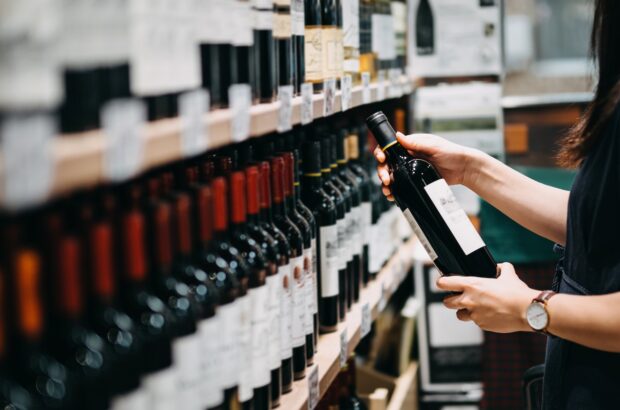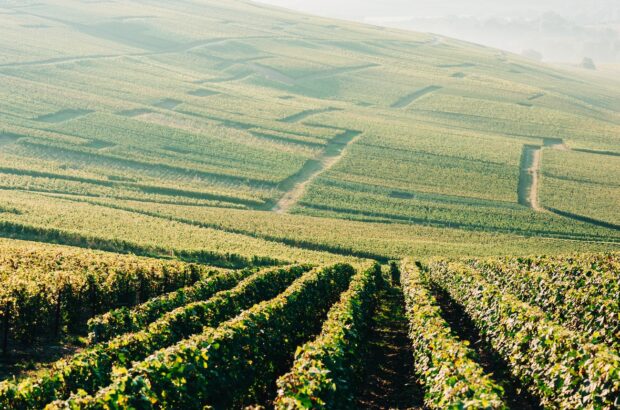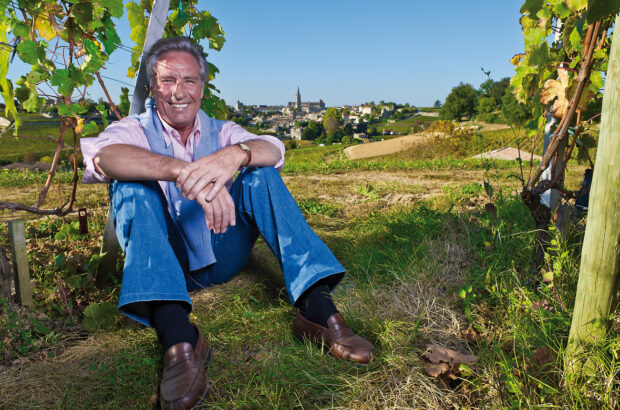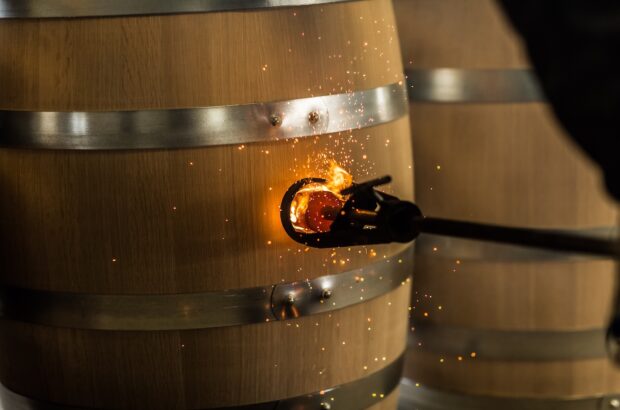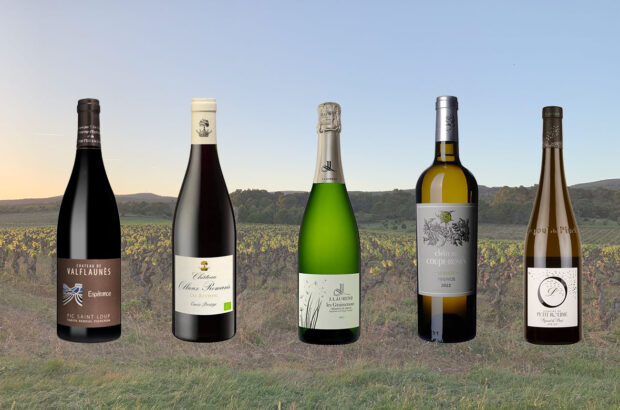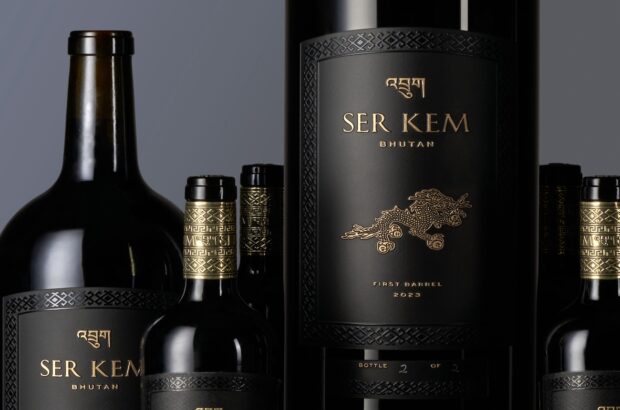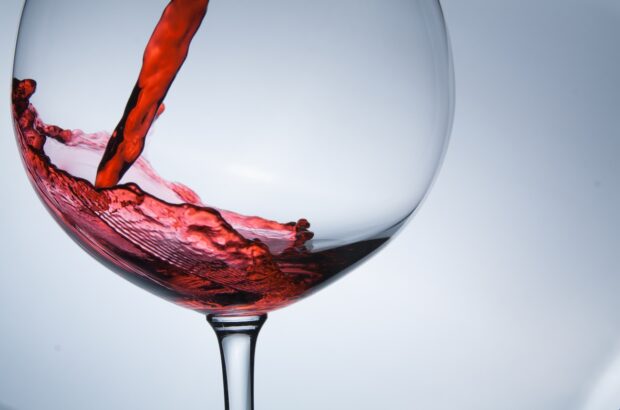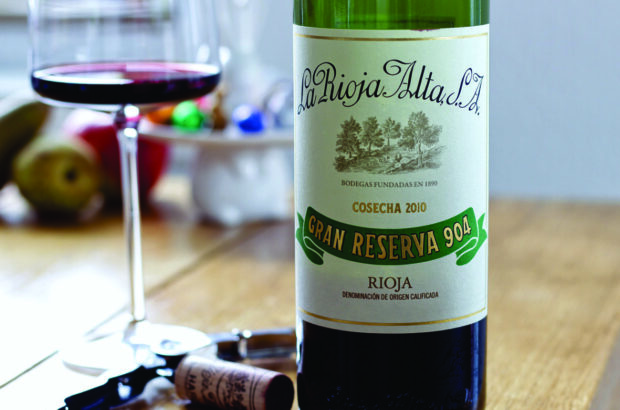Ben Hasko was announced as one of five new MWs in August, having qualified as Master Sommelier in 2016. Amy Wislocki caught up with him while in Singapore for the Decanter Fine Wine Encounter in October.
‘I found out about passing the MW in between services at work. We opened a good bottle of Champagne there and then to celebrate.
‘I started buying cases of cheap wine while studying civil engineering, but then a family friend and significant collector advised me that it’s better to buy one great bottle than a dozen cheap bottles. I started spending a disproportionate amount of my student income on wine, and reading up on the subject.
‘By the late 2000s, I was living in Sydney, and studying for my Wine & Spirit Education Trust Diploma, while still training to be an engineer. I realised how widely sommeliers get to taste, and managed to get a job working in the wine team at [the city’s famous] Rockpool restaurant. I then put my engineering studies on hold to work as a somm in Melbourne, and passed the first two [Introductory and Certified] levels of the Court of Master Sommeliers exams while I was there.
‘I moved back to Sydney, went back to Rockpool and finished my Diploma. I’d always intended to do the MW, seeing it as the pinnacle of wine education. I applied for the MW programme in 2015, and signed up for the CMS Advanced level qualifications too. It felt natural to me that both were running at the same time. I passed my Stage 1 MW exams in June 2016, then went to London to do the MS exams in October. I passed these on the first attempt, winning the Dom Ruinart Cup.
‘I sat my Stage 2 MW exams in Sydney in 2018. I bombed on the tasting paper, trying to write in a style that wasn’t my own, and not finishing on time. I sat again in 2019 and passed both the theory and tasting. My subject choice for the research paper – on sub-regionality in Margaret River – was only approved this January, and I then had five months to write it. The writing didn’t come naturally, but my wife is from an academic background and helped me a lot.
‘The exam experiences for the MW and MS are very different. The MS is a pressure cooker, with everything happening in a shorter window, and all done orally. Two Master Sommeliers quiz you for 45 mins, you also taste six wines blind and there’s a service component. It goes into far greater depth on specifics than the MW, around wine regions, producers, vintages etc and also covers other alcoholic beverages such as beer, sake and spirits. With the MW, you sit your papers over a longer period. The MW focuses more on classic regions, while in the MS we learned about wine regions in China, Brazil, Uruguay and Eastern Europe that would be barely mentioned in the MW. In the MW there is more detail on viticulture and vinification, wine business and marketing – I really enjoyed the expansiveness of what you have to study.
‘I have three young children (aged 6, 4 and 2), but I never looked at it from a work/life balance perspective. It was just a question of, this is my life right now and I need to get through it. Running, yoga and gym help with headspace and energy.
‘I try to taste as much as I can, and often study with a glass at hand. I do my best to stay up to date on trends and styles – at the moment I’m enjoying learning more about Portugal, northwest Spain and the wines of Lombardy and Friuli in Italy. My favourite everyday wines are German Riesling, Nebbiolo and orange wines from Friuli and Slovenia.
‘I’m pleased to see that working as a sommelier has become more respected. And I’ve enjoyed seeing wine education grow in importance. Knowledge of the classic regions gives you a framework. It gives you a common vernacular to communicate about wine. It’s difficult to build a palate if you start with the eclectic and esoteric styles. The programmes and how they’re delivered, across both MW and MS, keep evolving, which is great. There’s a move away from dry seminars to more engagement, and more tasting, which is great. The programmes have changed fundamentally in the years since the other four joint MW MS holders got their qualifications. If I hadn’t started off doing both at the same time, I wouldn’t be where I am today. I wouldn’t have completed one, then started the other.’



